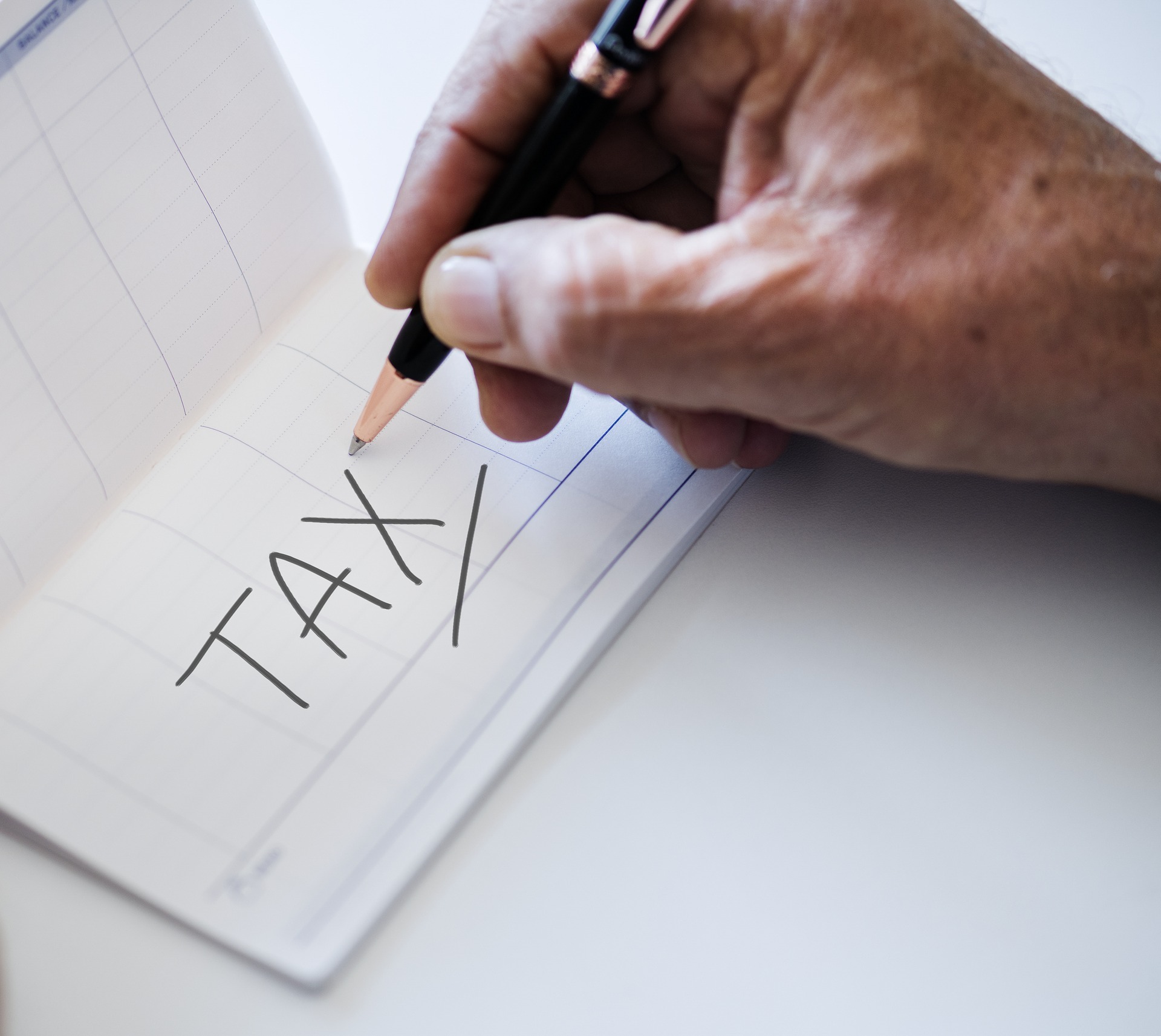Here are five of the best tax-planning opportunities to help minimise your tax liabilities until the end of the financial year on 5 April 2019.
The marriage allowance
Everyone in the UK has a personal allowance, on which no tax has to be paid. This is £11,850 for 2018/19, with non-savings income above it taxed at marginal rates ranging from 20% to 45%.
You may be able to transfer £1,190 of your personal allowance to your spouse or civil partner if neither of you is a higher-rate taxpayer earning more than £46,350 a year, or £43,430 in Scotland.
This is known as the marriage allowance, and can save you up to £238 a year if your spouse or civil partner is not able to use all of their personal allowance.
ISAs
ISAs have remained largely untouched since 2015, and you can still open and save up to £20,000 into one until 5 April 2019 without paying tax.
What’s more, you could also put another £20,000 into your ISA the very next day if you wished, although this would use up your entire allowance for 2019/20.
No income tax or capital gains tax is owed on any growth, income or withdrawals from an ISA, although the value of your ISA would be liable for inheritance tax as it forms part of your estate.
Until April, you can save up to £4,260 into a Junior ISA on behalf of a child under the age of 18.
You also have four months to invest £4,000 into a Lifetime ISA, which will help with buying a first home or retirement saving. The Government adds a bonus of up to 25% of your savings.
Capital gains tax
If you’re planning on selling an asset before 5 April 2019, you’re entitled to make a tax-free gain of up to £11,700 (or up to £5,850 for trusts).
Married couples and civil partners each have an allowance of £11,700 in 2018/19, with gains above this threshold usually taxed at your marginal rate of income.
If your taxable income, such as earnings from work, is within the threshold for the basic-rate tax band, the excess before you reach the higher-rate tax thresholds can be used to offer relief on capital gains.
For example, the basic-rate band threshold in England goes up to £34,500, so if you earn £20,000 a year, the unused allowance is £14,500.
That means tax on the first £14,500 of any capital gains will be 10%, going up to 20% on any amount beyond that threshold. In Scotland, the personal allowance threshold is £31,581 – but the same principle applies.
For business owners, you can claim entrepreneurs’ relief to lower your tax rate to 10% on qualifying gains. The maximum reduction in tax is £1 million.
Inheritance tax
Tax is usually due at a rate of 40% when someone dies, but only if the inheritance threshold of £325,000 is exceeded.
There is an extra £125,000 residence nil-rate band, which is available subject to certain conditions such as leaving the family home, or a share of one, to direct descendants.
This residence nil-rate band is set to rise annually until April 2020, when it reaches £175,000.
This means the available nil-rate band will reach a maximum of £500,000 for individuals or £1 million for married couples or civil partners.
It’s possible to transfer a percentage of any unused nil-rate band to a surviving spouse following the first death, allowing up to double the nil-rate band available at the date of the second death.
Gifts made within seven years of death are also added back into the estate and are liable to inheritance tax, although some exemptions and a tapered relief may apply.
Corporation tax
The main rate of corporation tax remains fixed at 19% until 31 March 2020.
If you own a company, you will need to complete corporation tax self-assessment to work out your own tax liability as part of your return and account for the self-assessed liability to corporation tax.
Taxable profits are typically reduced by employers making pension contributions, while self-invested personal pensions are popular with many company owner-directors.
Another tax-reduction strategy is to bring qualifying capital expenditure of up to £1 million forward to take advantage of the 100% annual investment allowance.
For more information on tax-efficient planning. Please contact us on 01792 410100. Alternatively, email mail@bevanbuckland.co.uk

